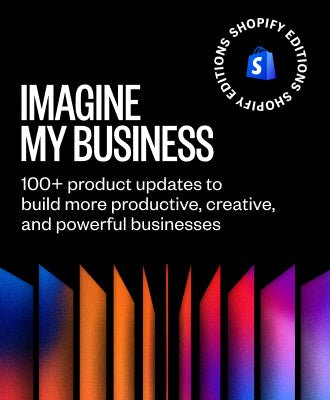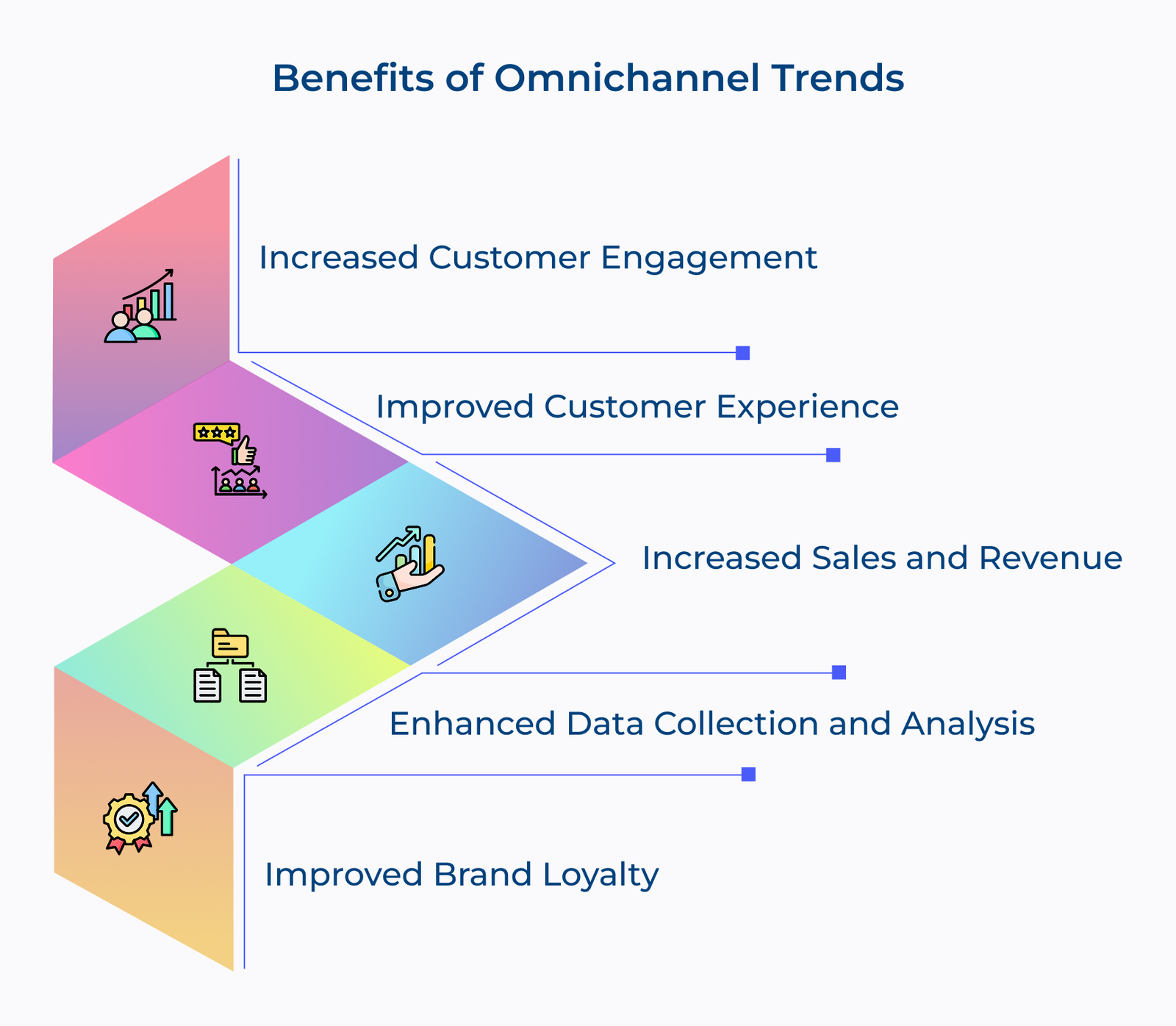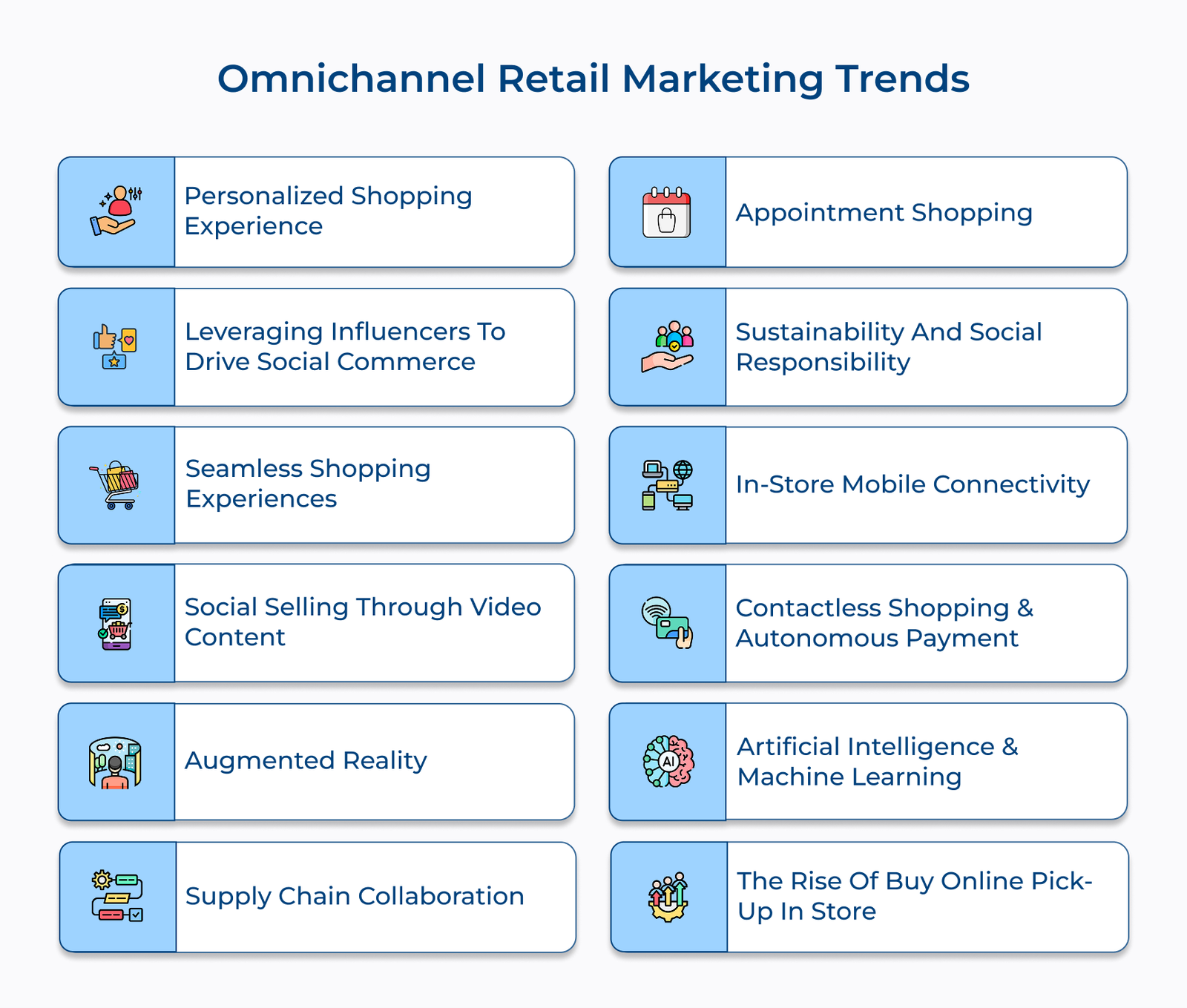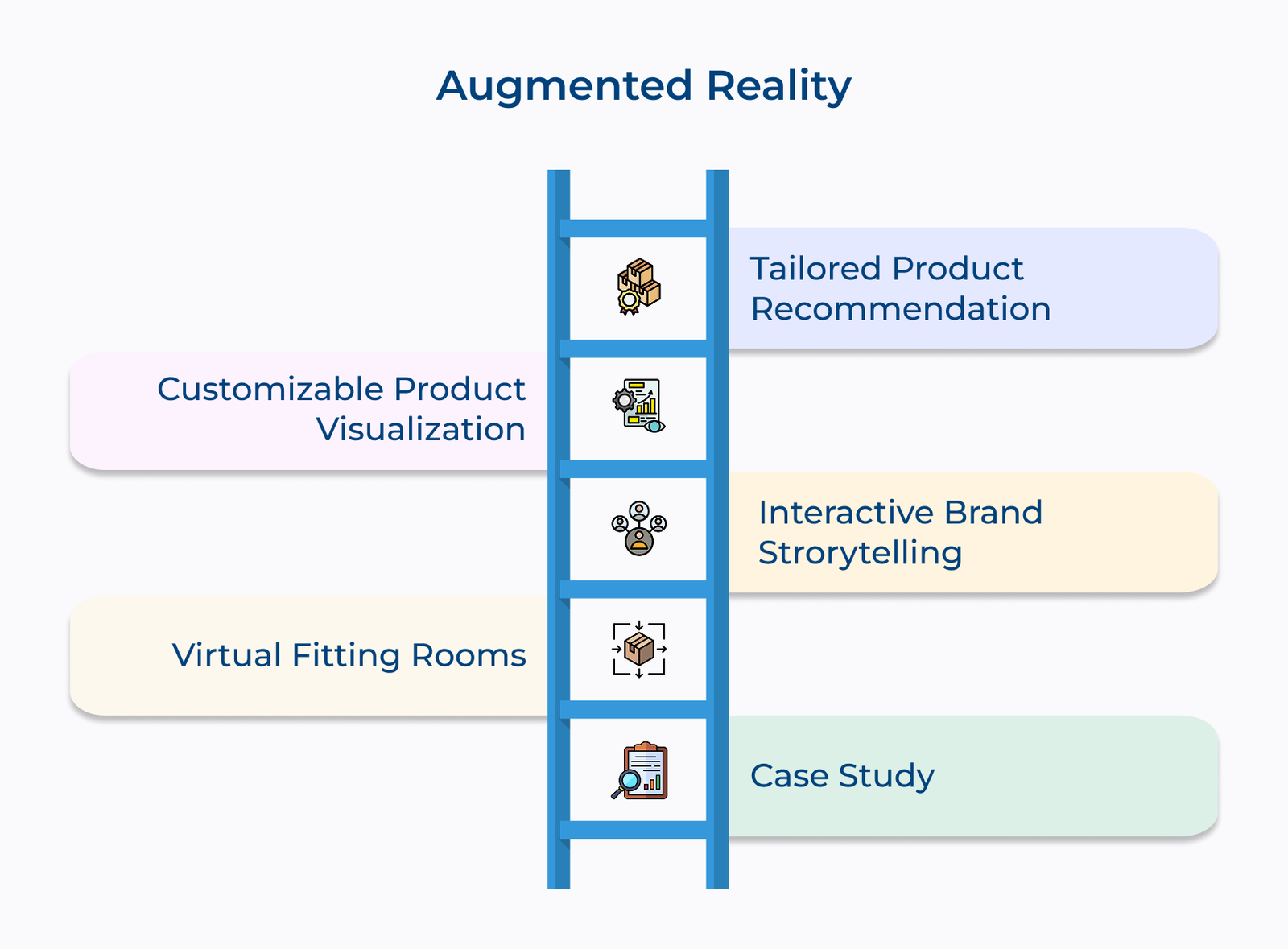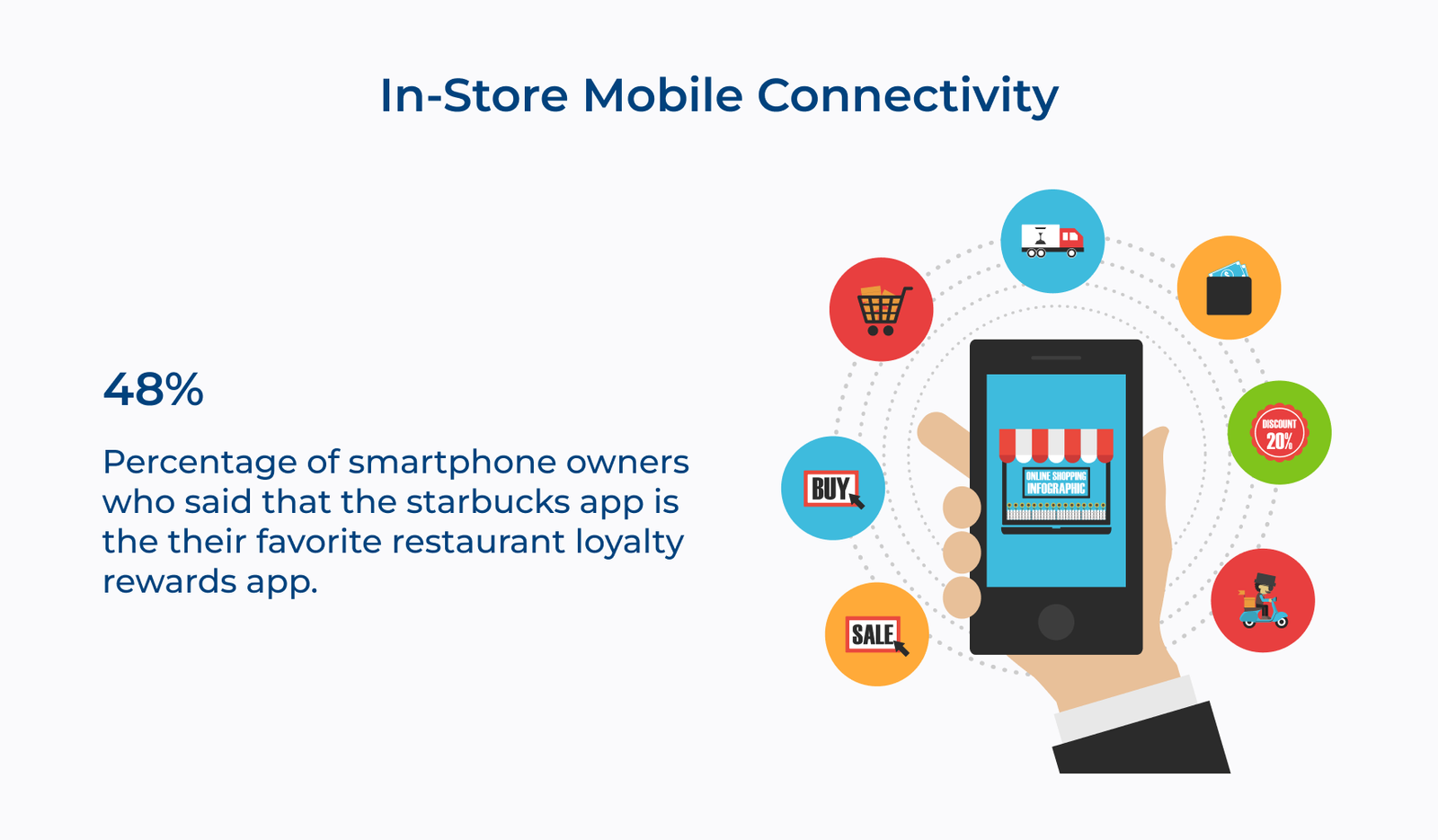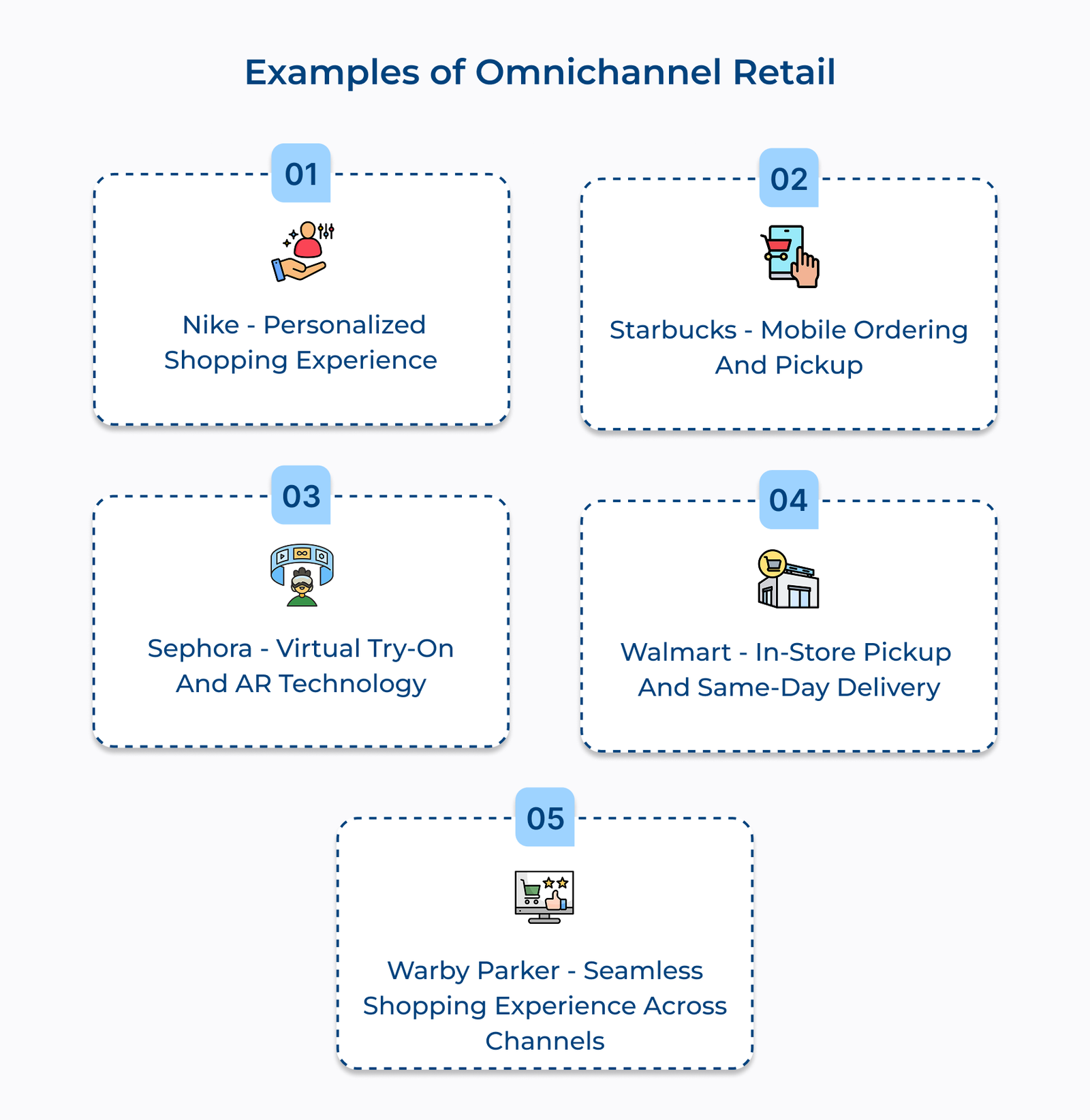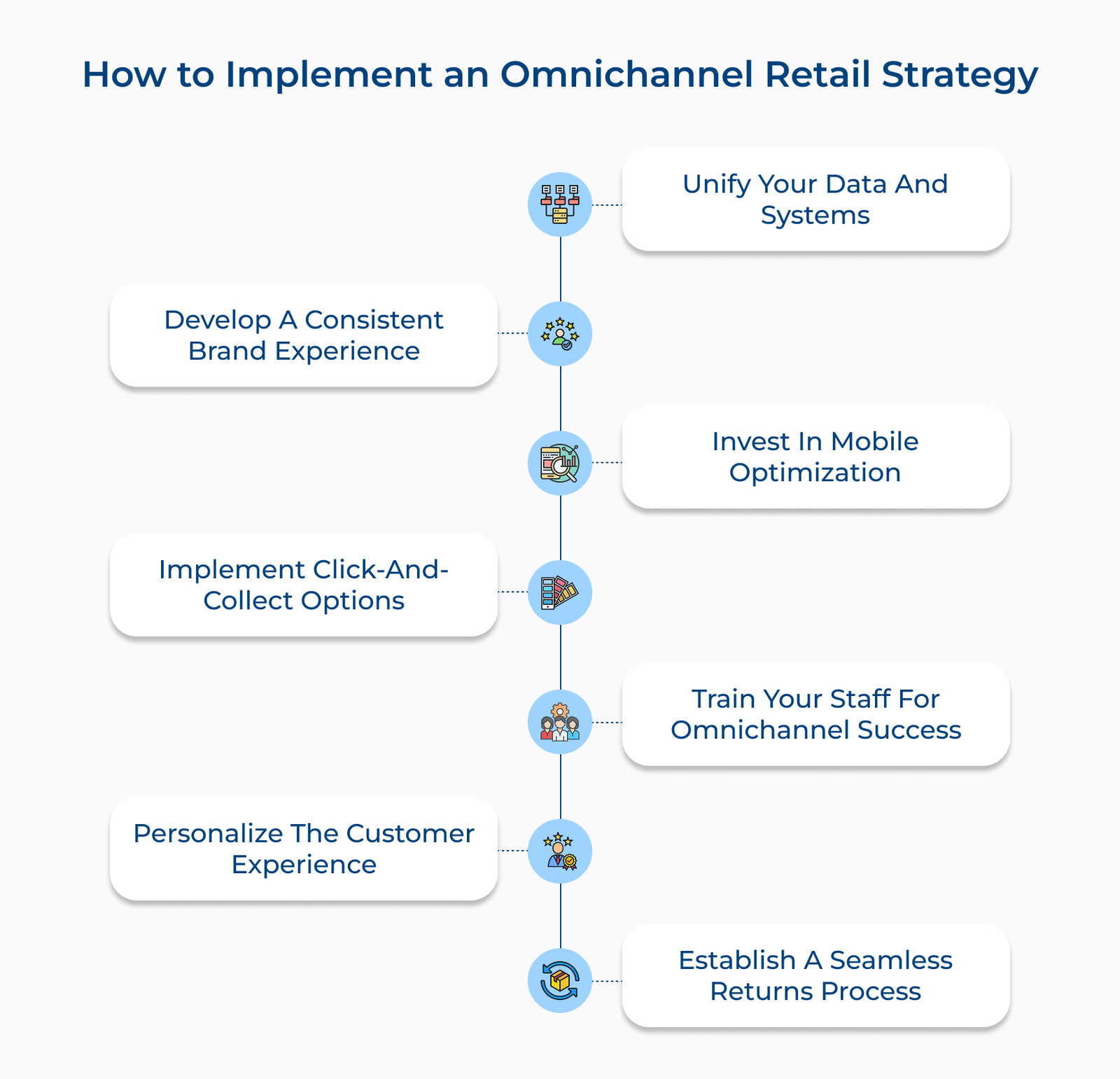1. Personalized vs. Personable Shopping Experiences
Personalized shopping experiences involve using customer data to customize product recommendations, promotions and messaging. Personable shopping experiences focus on building genuine relationships with customers through personalized interactions and service.
The trend can help improve the financial state of retailers by increasing customer satisfaction, loyalty and sales. Retailers can create a more engaging shopping experience by offering customers personalized recommendations and personable interactions.
Let’s assume that a clothing retailer may use a customer’s past purchase history and style preferences to recommend new items that align with their taste. They may provide personalized styling tips and offer personable customer service to create a memorable experience.
Pro tips:
- Invest in customer data analytics to better understand your customers’ preferences and behavior.
- Train your employees to provide personable and exceptional customer service.
- Utilize technology such as AI and machine learning to deliver personalized shopping experiences at scale.
2. Leveraging Influencers to Drive Social Commerce
One of the key omnichannel retail marketing trends to watch out for is leveraging influencers to drive social commerce. Influencers have become powerful voices, with the ability to sway consumer behavior and drive purchasing decisions.
Brands can tap into a new audience and increase their online visibility by partnering with influencers who have a loyal following. The trend helps improve brand awareness and directly impacts the financial state of businesses by driving sales.
Let’s consider that a beauty brand collaborates with a popular beauty influencer to promote a new product line. It can see a significant increase in online sales and engagement, leading to a boost in its bottom line.
Pro tips:
- Choose influencers whose values align with your brand to ensure authenticity and credibility.
- Focus on building long-term relationships with influencers to cultivate loyalty and repeat collaborations.
- Monitor the performance of influencer campaigns to optimize future strategies and maximize ROI.
3. Seamless Shopping Experiences
The trend focuses on creating a cohesive shopping experience for customers across multiple channels, such as online, mobile and in-store. Customers today expect a seamless experience, regardless of how they choose to interact with a brand. 84% of shoppers want a seamless shopping experience across all channels, but 29% feel retailers don’t deliver.
Factors that might affect the trend include technological advancements, changes in consumer behavior and the need for personalized experiences. Retailers can overcome the challenges by investing in robust technology, analytics and CRM systems.
Pro tips:
- Investing in a user-friendly website and mobile app
- Integrating data analytics to better understand customer preferences
- Providing a seamless shopping experience with options for online ordering, in-store pickup and same-day delivery.
4. Social Selling Through Video Content
One of the omnichannel retail trends to watch out for is social selling through video content. It involves utilizing videos on social media platforms to showcase offerings and drive sales.
Social selling through video content allows retailers to connect with consumers in a more personalized way, leading to increased brand loyalty. Companies utilizing video content in social selling see 49% faster revenue growth than those that do not.
An example of social selling through video content is a cosmetics company posting makeup tutorials on Instagram. It showcases their products in action and provides valuable tips to viewers. It not only creates brand awareness but also drives traffic to their online store.
Pro tips:
- Attention spans are short, so make sure your videos are concise and captivating.
- Encourage viewers to engage with your content through polls, quizzes, or calls to action.
- Partnering with popular influencers can help expand your reach and credibility.
5. Augmented Reality
Augmented Reality (AR) is one of the top omnichannel retail trends to watch out for in the coming years. The technology merges the physical and digital worlds, allowing consumers to interact with virtual elements in a real-world environment. Incorporating AR into their retail strategies can enhance the shopping experience for customers and drive sales.





